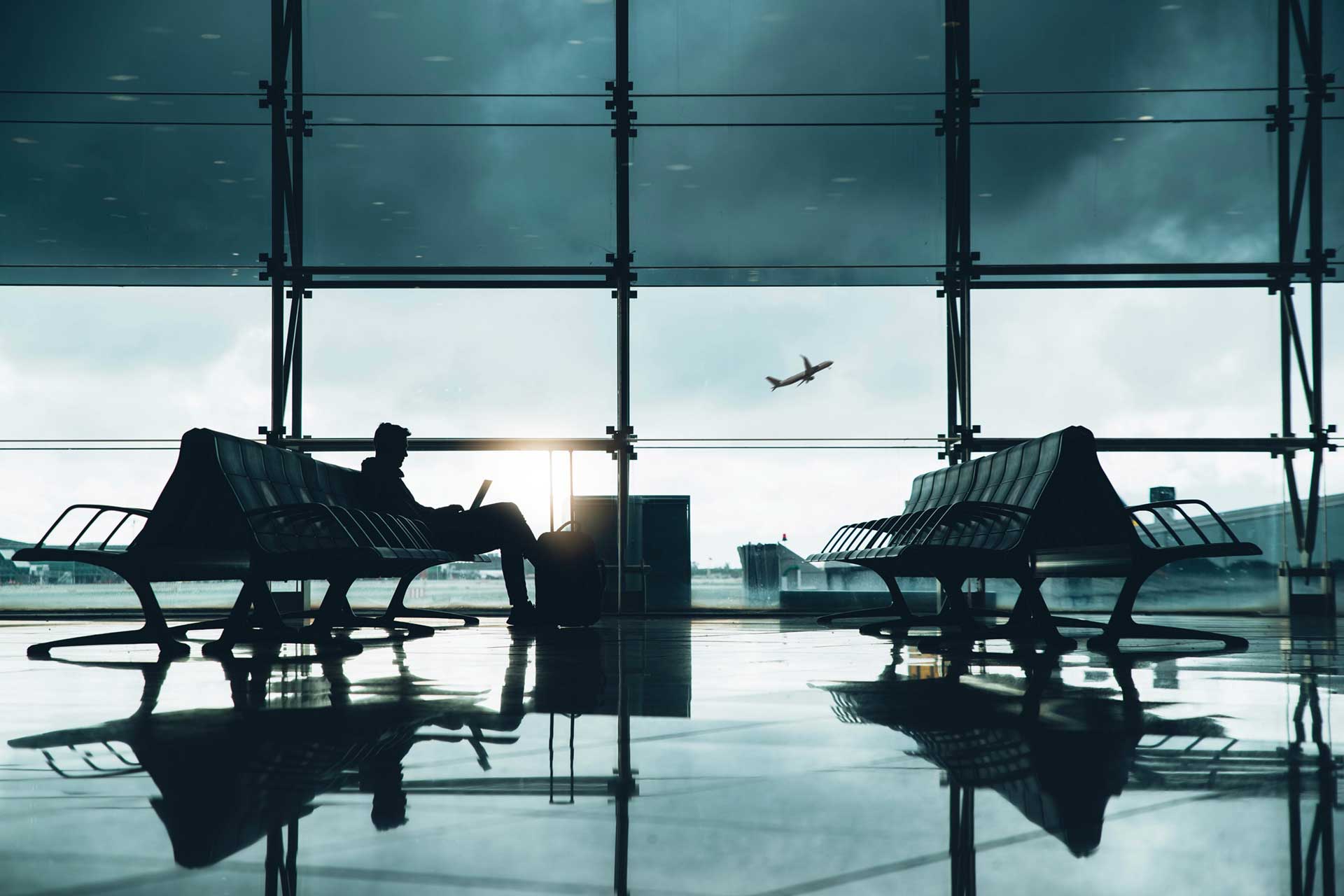Advice issued by the UK’s National Cyber Security Centre emphasises the need for everyone to take action to protect our sensitive data. This is especially important when travelling. Past warnings from the FBI and other security agencies show that networks that one might assume to be safe can be nothing of the kind. In hotels, restaurants, coffee shops, airports, stations, and other public spaces, insecure networks can put our devices at risk of viruses and data loss.
While many data security experts consider hotel connections to be particularly precarious, the reality is that from the perspective of data security, all travel involves some element of risk to data due to the movement outside a secured home or office network and the likely use of public wi-fi networks.
So what can we do to protect ourselves? We’ve prepared this travel checklist comprising practical steps to protect our computers, tablets, phones and personal data before, during and after travel.

Get Ready for Travel
Prepare your devices
Our first tip is for business travellers but can apply to anyone taking a laptop on a trip.
Your main work or personal laptop will contain much personal and commercial data that you want to keep private. Consider travelling light, taking a laptop that’s reserved purely for business travel. This should be virus scanned prior to departure and be loaded with only the minimum software you need to do your work.
Use cloud storage services to secure valuable data rather than storing files on the laptop.
Business and leisure travellers may also want to consider carrying a cheap phone for daily use when at your destination.
Watch out for travel scam websites
With the advent of COVID-19 and Brexit on top of existing requirements to provide advance passenger information, e.g. the US ESTA, scam websites have proliferated.
You may have to fill in a passenger locator form or provide personal information about COVID1-19 vaccination status prior to travel. In this event, always check that you are using the official governmental website for the country to which you are travelling. The UK government’s foreign travel advice contains links to the official websites for most destinations. Refer to this list and do not enter personal information if you are unsure about a website’s authenticity.
Note too that you don’t need to use a third-party paid service to apply for an ESTA to enter the USA. Always apply directly using the official ESTA application website.
While on your trip
Use a VPN
Consider using a VPN (Virtual Private Network) to encrypt and secure your internet communications. A VPN will encrypt data sent between your device before it is sent to websites and vice versa. This can keep your sensitive data safe, even on public networks.
As VPN users can set their IP address to a location to anywhere in include access to blocked content (e.g. YouTube or Netflix videos blocked by region) or cheaper airfares and hotel rates. This is because many airlines and hotels offer different rates to different international markets. For these reasons as well as the enhanced security and privacy, many regular travellers therefore consider a VPN service an essential part of their travel arsenal.
For personal travellers, there are many affordable VPN services, which often come with extra features such as malware scanners, ad blockers, password managers and cloud storage. For business travellers, your workplace may offer a VPN as part of its own network security policy.
After you return from travel
On return, it is sensible to proceed as though your laptop or device may have been compromised or infected. Thoroughly scan your computer and other devices for spyware, malware, and viruses before connecting to your home or office networks. Scan any software, devices or extra storage you may have acquired during travel before use. Check all your accounts for unusual activity and consider changing any passwords that you may have used while travelling.
